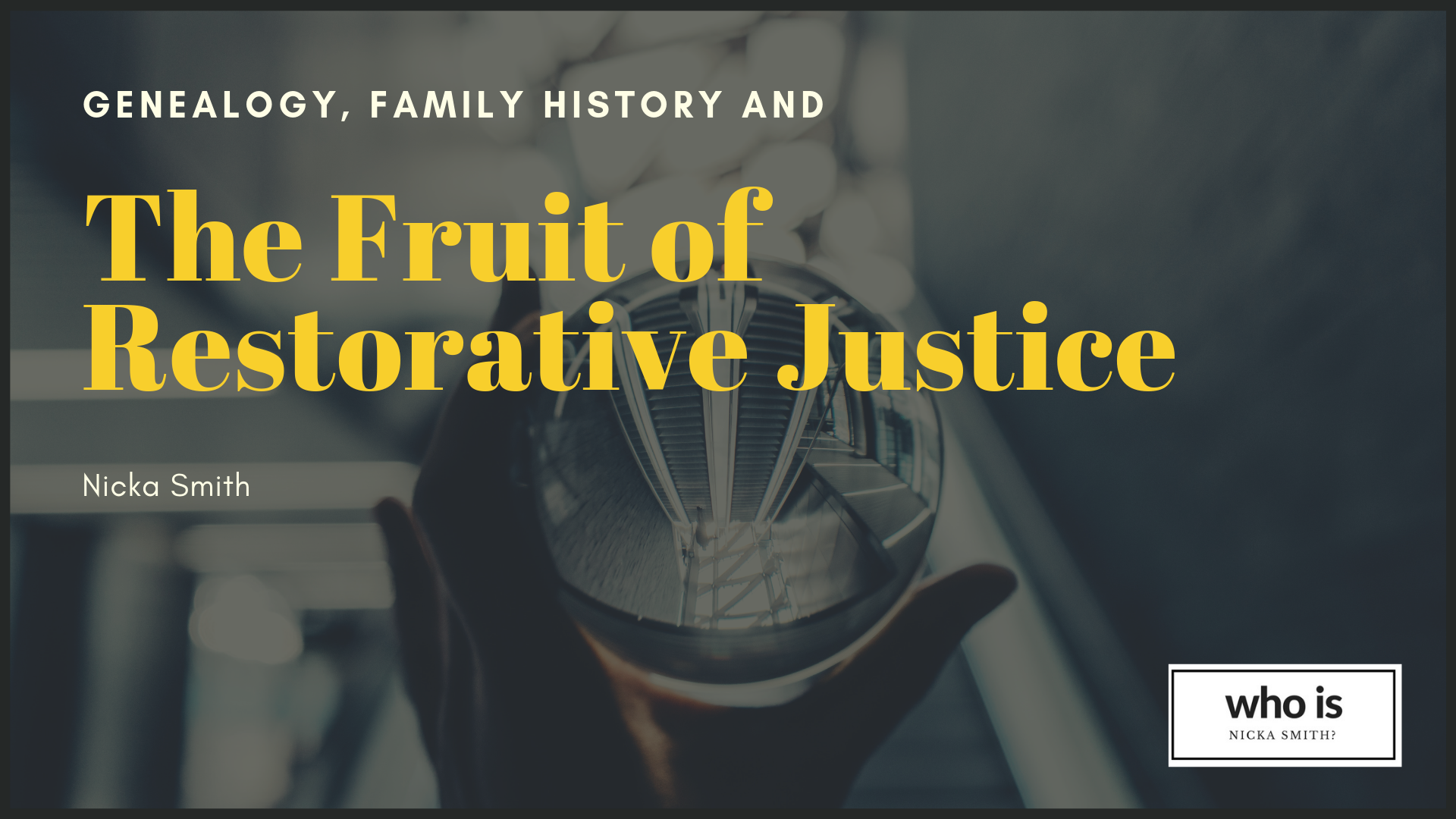Becoming Free, Becoming Black: Race, Freedom, and Law in Cuba, Virginia, and LouisianaPosted in Books, Caribbean/Latin America, History, Law, Louisiana, Monographs, Slavery, United States, Virginia on 2019-07-22 23:50Z by Steven |
Becoming Free, Becoming Black: Race, Freedom, and Law in Cuba, Virginia, and Louisiana
Cambridge University Press
January 2020
320 pages
17 b/w illus. 6 maps 2 tables
228 x 152 mm
Hardcover ISBN: 978-1108480642
Alejandro de la Fuente, Robert Woods Bliss Professor of Latin American History and Economics; Professor of African and African American Studies
Harvard University
Ariela J. Gross, John B. and Alice R. Sharp Professor of Law and History
University of Southern California
Highlights
- Examines the development of the legal regimes of slavery and race in Cuba, Virginia, and Louisiana from the sixteenth century to the dawn of the Civil War
- Demonstrates that the law of freedom, not slavery, determined the way race developed over time
- Draws on a variety of primary sources, including local court records, original trial records of freedom suits, legislative case, and petition
How did Africans become ‘blacks’ in the Americas? Becoming Free, Becoming Black tells the story of enslaved and free people of color who used the law to claim freedom and citizenship for themselves and their loved ones. Their communities challenged slaveholders’ efforts to make blackness synonymous with slavery. Looking closely at three slave societies—Cuba, Virginia, and Louisiana—Alejandro de la Fuente and Ariela J. Gross demonstrate that the law of freedom—not slavery—established the meaning of blackness in law. Contests over freedom determined whether and how it was possible to move from slave to free status, and whether claims to citizenship would be tied to racial identity. Laws regulating the lives and institutions of free people of color created the boundaries between black and white, the rights reserved to white people, and the degradations imposed only on black people.
Table of Contents
- Introduction
- 1. ‘A Negro and by consequence an alien’: local regulations and the making of race, 1500s–1700s
- 2. The ‘inconvenience” of black freedom: manumission, 1500s–1700s
- 3. ‘The natural right of all mankind’: claiming freedom in the age of revolution, 1760s–1830
- 4. ‘Rules … for their expulsion’: foreclosing freedom, 1830s–1860
- 5. ‘Not of the same blood’: policing racial boundaries, 1830s–1860
- Conclusion: ‘Home-born citizens: the significance of free people of color.



